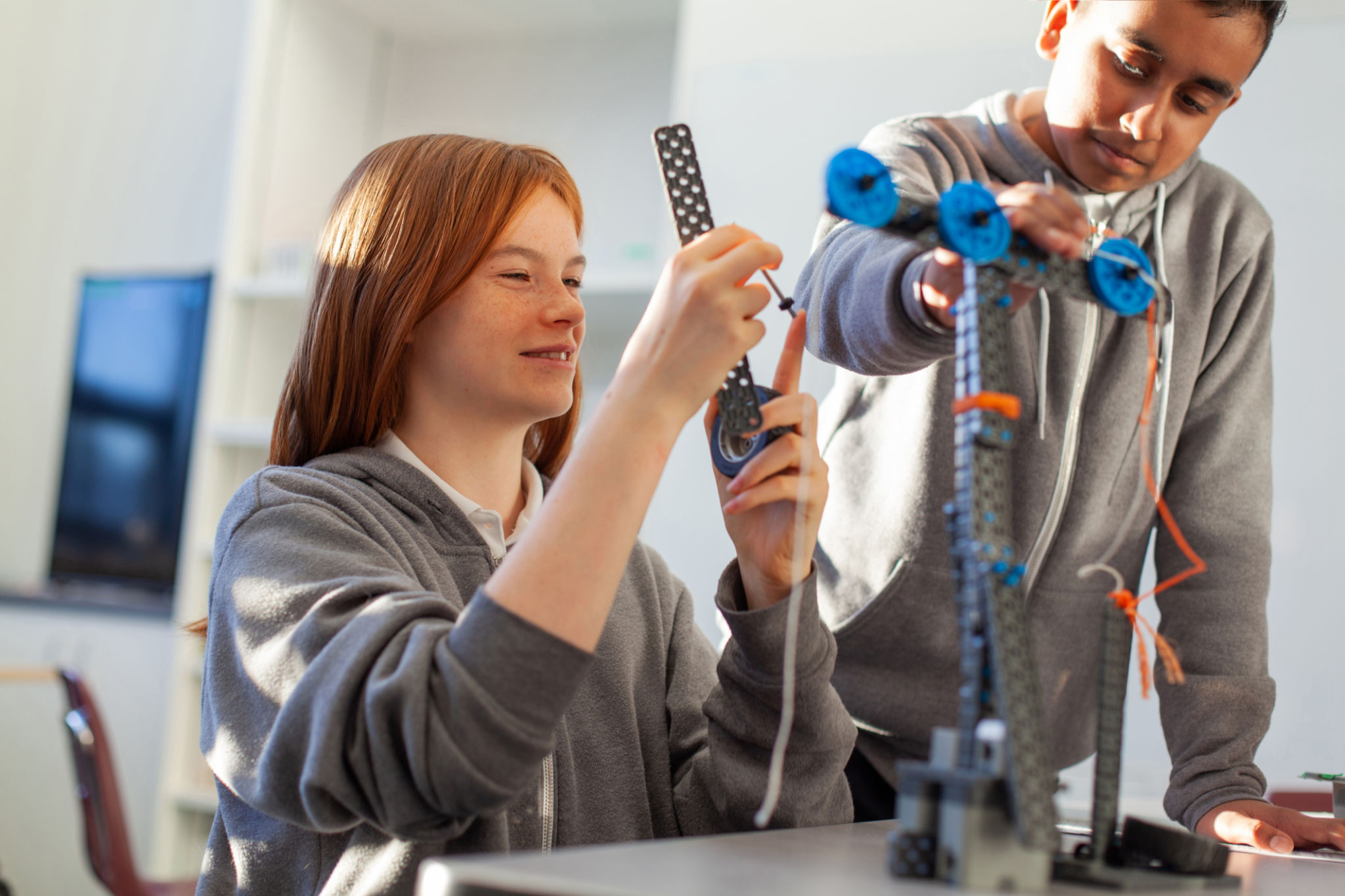Top Skills for Students to Thrive in a Changing World
Adaptability and Resilience
In today's rapidly changing world, the ability to adapt and be resilient is crucial for students. These skills enable them to navigate the shifting landscape of technology, economy, and society. Adaptability allows students to adjust their strategies and approaches in response to new challenges. Resilience helps them bounce back from setbacks and continue pursuing their goals with determination.
Developing these skills involves embracing change, being open to learning, and maintaining a positive attitude in the face of adversity. Students should be encouraged to view challenges as opportunities for growth and to seek feedback to improve continuously.

Critical Thinking and Problem Solving
Critical thinking and problem-solving are essential skills that empower students to analyze situations, identify problems, and develop effective solutions. In a world where information is abundant, the ability to evaluate and synthesize information critically is more important than ever.
To cultivate these skills, students should practice questioning assumptions, exploring multiple perspectives, and using logical reasoning. Encouraging curiosity and fostering an environment where students feel safe to express their thoughts and ideas can significantly enhance their critical thinking abilities.
Steps to Enhance Critical Thinking
- Encourage questioning and curiosity.
- Promote discussions and debates.
- Use real-world problems to practice solutions.

Collaboration and Communication
The ability to work effectively in teams and communicate ideas clearly is vital in today's interconnected world. Collaboration involves leveraging diverse perspectives to achieve common goals, while communication ensures that ideas are expressed and understood accurately.
Students can improve these skills by engaging in group projects, participating in extracurricular activities, and practicing active listening. Understanding the importance of empathy and emotional intelligence can also enhance their ability to connect with others and foster a collaborative environment.
Improving Communication Skills
- Practice active listening.
- Engage in public speaking activities.
- Learn to give and receive constructive feedback.

Digital Literacy
As technology continues to evolve, digital literacy becomes increasingly important for students. This skill encompasses the ability to use digital tools effectively, understand digital content critically, and engage safely in online environments.
To enhance digital literacy, students should familiarize themselves with various digital platforms, understand online security measures, and develop the ability to discern credible sources of information. Schools can support this by integrating technology into the curriculum and providing opportunities for students to engage with technology responsibly.
Components of Digital Literacy
- Understanding digital tools and platforms.
- Evaluating online content critically.
- Practicing safe online behavior.

Emotional Intelligence
Emotional intelligence (EI) is the ability to recognize, understand, and manage one's emotions, as well as the emotions of others. This skill is crucial for personal well-being and success in interpersonal relationships.
Students can develop EI by practicing self-awareness, empathy, and effective communication. Encouraging reflection on personal experiences and emotions can lead to a better understanding of oneself and improve relationships with peers.
Overall, by focusing on these top skills, students can better prepare themselves to thrive in a dynamic world, equipped with the tools needed for personal and professional success.

